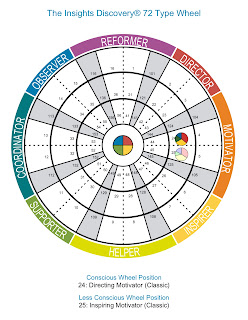Privacy for sale - but privacy shouldn't be dead
It's all very well for Facebook's CEO Zuckerberg to allege that privacy is dead. But it shouldn't be.
Britons have become increasingly outraged by the unfolding scandal of national newspaper journalists hacking into phone records, medical, bank and legal files to source their stories. It's already caused one national newspaper title, the News of the World, to close and other media sources are under investigation...
The latest shock is a quote from former Prime Minister Gordon Brown, "If I, with all the protection and all the defences and all the security that a chancellor of the exchequer or a prime minister has, is so vulnerable to unscrupulous tactics, unlawful tactics, to methods that have been used in the way that we've found - what about the ordinary citizen?"
Google's Eric Schmidt essentially argue that, "If you aren't doing anything wrong, what do you have to hide?"
And we could respond, as renowned security correspondent Bruce Schneier notes,
We all like to hear gossip, but no one wants to be the subject of it.
Expect a demand for the convenience of electronic communications with a guarantee of privacy.
Get more like this
Britons have become increasingly outraged by the unfolding scandal of national newspaper journalists hacking into phone records, medical, bank and legal files to source their stories. It's already caused one national newspaper title, the News of the World, to close and other media sources are under investigation...
The latest shock is a quote from former Prime Minister Gordon Brown, "If I, with all the protection and all the defences and all the security that a chancellor of the exchequer or a prime minister has, is so vulnerable to unscrupulous tactics, unlawful tactics, to methods that have been used in the way that we've found - what about the ordinary citizen?"
Google's Eric Schmidt essentially argue that, "If you aren't doing anything wrong, what do you have to hide?"
And we could respond, as renowned security correspondent Bruce Schneier notes,
- "If I'm not doing anything wrong, then you have no cause to watch me."
- "Because the government gets to define what's wrong, and they keep changing the definition."
- "Because you might do something wrong with my information."
We all like to hear gossip, but no one wants to be the subject of it.
Expect a demand for the convenience of electronic communications with a guarantee of privacy.
Get more like this



Comments